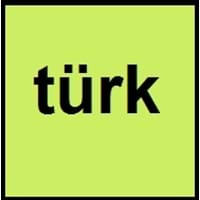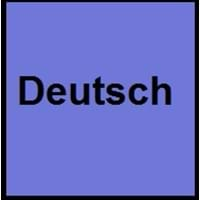Turkish and German
- Turkish language oldest written records are found upon stone monuments in Central Asia, in Orhun, Yenisey and Talas regions.
- Turkish language was developed in the Middle East, streching all the way to Eastern Europe.
- One of the large group of Indo-Germanic languages is German.
- The second most popular Germanic language spoken today behind English is German language.
All Turkish and German Dialects
Most languages have dialects where each dialect differ from other dialect with respect to grammar and vocabulary. Here you will get to know all Turkish and German dialects. Various dialects of Turkish and German language differ in their pronunciations and words. Dialects of Turkish are spoken in different Turkish Speaking Countries whereas German Dialects are spoken in different German speaking countries. Also the number of people speaking Turkish vs German Dialects varies from few thousands to many millions. Some of the Turkish dialects include: Azerbaijani Turkish, Crimean Turkish. German dialects include: Swiss German , Swabian German. Also learn about dialects in South American Languages and North American Languages.
Turkish and German Speaking population
Turkish and German speaking population is one of the factors based on which Turkish and German languages can be compared. The total count of Turkish and German Speaking population in percentage is also given. The percentage of people speaking Turkish language is 0.95 % whereas the percentage of people speaking German language is 1.39 %. When we compare the speaking population of any two languages we get to know which of two languages is more popular. Find more details about how many people speak Turkish and German on Turkish vs German where you will get native speakers, speaking population in percentage and native names.
Turkish and German Language Codes
Turkish and German language codes are used in those applications where using language names are tedious. Turkish and German Language Codes include all the international language codes, glottocodes and linguasphere.





